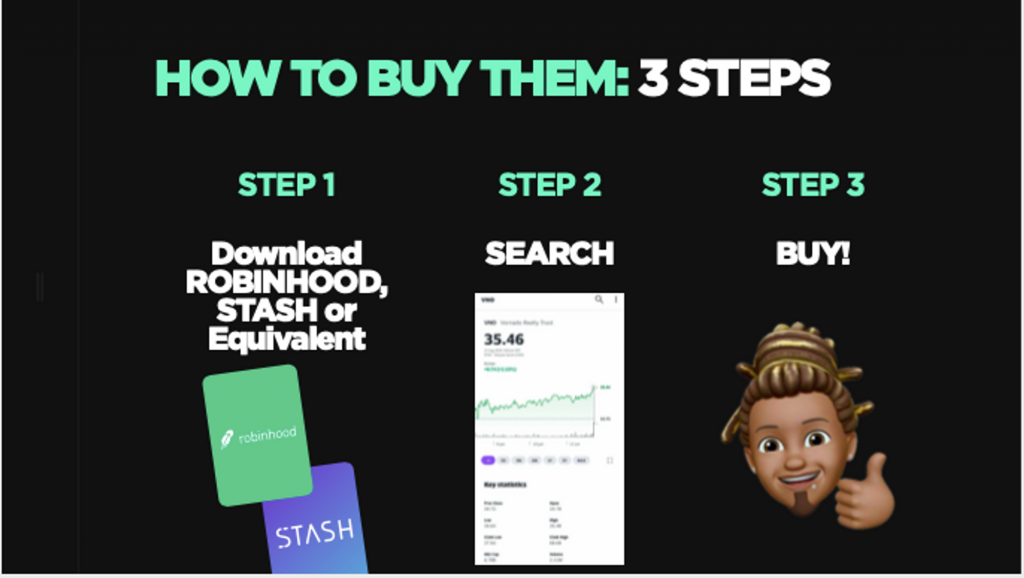As the market heats up, it becomes more and more fashionable to find off-market deals.
But, not all “off-market” deals are worth buying. In fact, a huge portion of off-market deals aren’t on the market because… you guessed it, they want more than the property is worth.
But, it’s also true that most on-market deals will sell at or above market value in today’s hot market. .
So it’s a catch-22. Most off-market deals want more than the property is worth, but if it goes on the market, it will definitely sell at full value. So what do you do?
Even if 90% of off-market deals are a waste of time, that other 10% of the deals might sell well below market value, whereas anything listed online will definitely sell at market value. So, there is still some opportunity for money to be made.

So, today we’ll cover different ways to find the coveted “off-market deal real estate.”
1. Pocket Listings
This is a deal that an agent or broker has but hasn’t brought it to market yet. This is more common in commercial deals and also residential deals that aren’t very marketable.
There are a few reasons why a seller may not want to openly market the deal. The biggest of which, is they do not want to spook the in-place management or tenants. If tenants are afraid their rents will jump, they will start to move which lowers the Net Operating Income of the property and makes it less marketable.
Here’s why:
It sells the deal almost immediately, the broker can probably get near the asking price (or they would put it on the market), and it sells virtually instantly which makes the broker look good.
So get to know some high-powered brokers and get on their buyer’s lists.
2. Direct Mail
Some people hate it while others swear by it. Essentially you buy a mailing list, write letters to the owners, mail it out, and hope to get a call.
The response rate is low, around 0.5%, but people who direct mail look at it another way – for every 1000 homes they mail to, they get 5 calls and probably close one deal.
That’s really not bad if you think about it.
I personally sent out a direct mail campaign this year and had a response rate of over 3%. I closed a 20%+ cash on cash deal and sent less than 1,000 letters. So, it’s totally possible to create a great campaign with great results!
3. Driving Neighbourhoods (and following up)
This works for both residential and commercial. Choose a market, drive around, and write down all the properties that appear to be in distress.

Then find the number of the owner and call them.
If the property is in distress, the owner is probably motivated to sell.
4. Cold Calling
This is related to #3, except you are just calling a list of properties instead of driving them first.
5. Property Management Companies
They will probably be the first ones to know when an owner wants to sell. They may be able to make an introduction between you and the owner.
6. Eviction Court
Look for houses with recent or pending evictions. For multifamily, look for a property with a large caseload of evictions which could signal a property in distress.
Owners with eviction problems are more likely to entertain an offer to sell.
7. Create a Website
People always take you more seriously if you have a professional looking website. In fact, it’s gotten to the point that lack of a website will actually hinder you from succeeding, even if it doesn’t generate much traffic or sales.
7a. Create Great Content for Owners
Having a website is a requirement, but if you want it to generate traffic, name recognition, and leads, you need to create content for your target audience.
People tend to talk to other people like themselves, and that’s true for how they write as well. That’s why accountant and attorney websites are usually so terrible because they are focused on impressing other attorneys and accountants!
Flip it around and focus your content on your target audience. If you want to buy single-family homes, create content for people who are trying to sell a single family. Same is true with multifamily.
8. Title Company
They probably know all the major groups that are buying/selling in your area. If you have a good connection here they might be able to make an introduction
9. Landlord or Apartment Association Meetings
You want to be the first to know when a current owner is selling. So, go to their professional meetings.
10. Real Estate Investing Meetings
If another investor knows about an off-market deal but doesn’t have the money to get it done, they may be willing to tell you about it.
11. Start a Podcast
Similar to creating a website, a podcast is a great way to meet other real estate professionals and start building those relationships.
12. Tax Delinquencies
If an owner can’t pay their taxes, they are probably motivated to sell.
13. LoopNet or MLS
A lot of people believe LoopNet or the MLS are terrible places to find deals. There will undoubtedly be a good deal here or there on these services, you can also use them to get to know some of the brokers in a new market.
Ask the brokers for references to good property managers then ask those managers for references to more brokers.
So, internet listing services are a good way to get a conversation going, even if you don’t ever close a deal from it.
14. Tradespeople/Vendors
They tend to get around and know all the major communities and property owners in the area. You could ask for some insights into different areas, which are full and which are vacant, and which ones have problems.
15. BiggerPockets
BiggerPockets is focused more on the single-family side, but may also be a great place to find other professionals.
16. Networking
Relationships rule everything in real estate. Do we really need to go into detail about why you need to be at every networking event in your city?
17. Create a YouTube Channel
YouTube is the #1 video search engine. People often search YouTube because it’s a lot easier to convey a message in video than in writing. So, if you are trying to reach a target audience, it’s a great idea to create video content for them.

18. Bankers and Brokers
Mortgage brokers and bankers may not know who wants to sell, but they will know all the major owners and sellers because they’ve probably worked with a lot of them.
19. Craigslist
Look for properties that are for rent. A listing means there is a vacancy. It’s usually just part of ordinary turnover, but if you see a property being listed a lot, there may be a problem.
20. Start a Meetup
People love networking. In addition to attending other networking events, you can create your own. Since it’s your event, you will have the stage which builds your name.
21. Find a Bird Dog
Take any one of the categories in this real estate investing tips and get another person to do it for you. In return, you’ll compensate them for every deal closed.
To know more about real estate hack, money tips, and building generational wealth, subscribe to Wealthlab and learn how to bust through the barriers preventing you from becoming a millionaire.
Featured image: Photo by Harmen Jelle van Mourik on Unsplash















You must be logged in to post a comment Login